‘One of the problems of Tatarstan businesses is the lack of production as such’
The republic's manufacturers make their own equipment and ask for “cheap” money
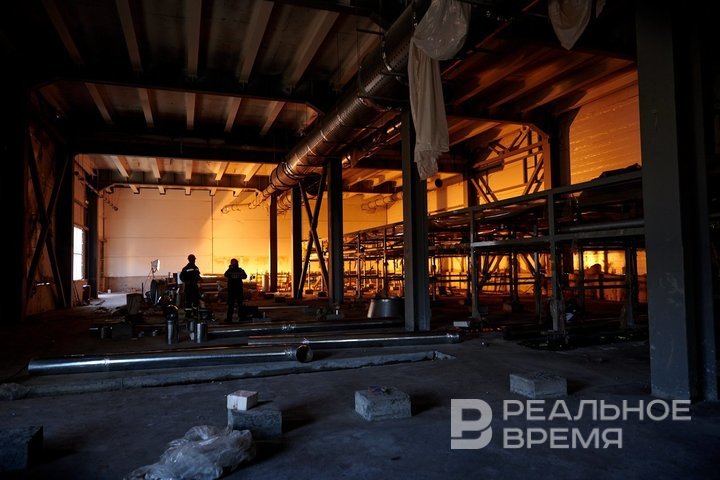
This week, Tatarstan entrepreneurs will gather at a round table to discuss pressing issues. An acute shortage of raw materials and equipment previously supplied from abroad is one of them. In order to avoid a shutdown some enterprises are setting up production of their own means of production, the republican Association of Small and Medium-Sized Businesses reported. Realnoe Vremya figured out how local manufacturers ensured the development of their activities on their own, how they saw import substitution and their role in it and why they did not receive state support in the form of cheap loans.
How to survive without a priority development area
One of the global problems of Tatarstan small and medium-sized businesses in the specialised association was formulated as follows: “the lack of production as such.” Executive Director of the Association of Small and Medium-Sized Businesses Riman Fatykhov told Realnoe Vremya what entrepreneurs did have to deal with in the republic and how they tried to resolve the issue on their own:
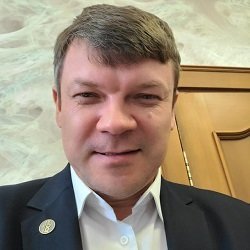
The time when the principle of “everyone for himself” worked successfully in entrepreneurship is gone forever: enterprises must establish connections with each other, build partnerships, as a result of which they will supply each other with the necessary equipment, raw materials and components, according to representatives of SMEs. First of all, this concerns defence enterprises, but today they receive powerful state support. Other industries do not have such support.
“Today, many enterprises purchase equipment and components in China –this is not a solution, it is still dependent on an external supplier, and prices affect the final cost of the product. But the main thing is that not everything that is required can be purchased there today,” emphasised Fatykhov. “Our association includes, for example, a plant that manufactures industrial springs, Spring Project. They need machines, Chinese machines cost 40 million. And the plant began to build them itself, and the cost of such a machine is 7-8 million. There is no need to explain which path is more profitable for both the manufacturer and the consumers. But in order to follow this path, we need to support production!”
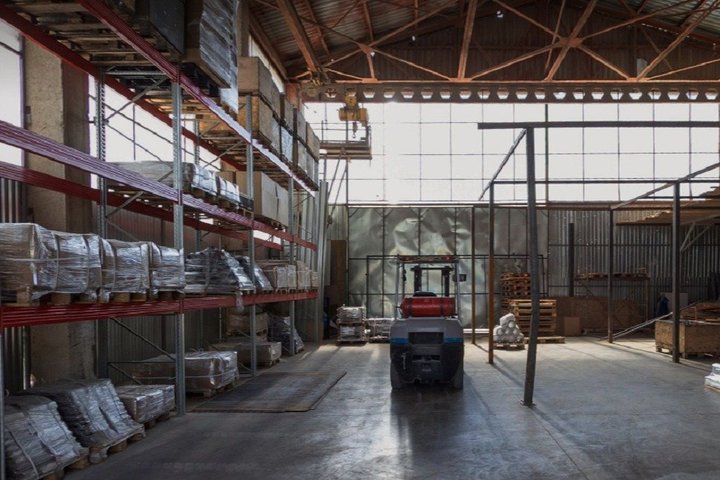
The interlocutor of Realnoe Vremya noted that enterprises that operated in the territory of a special economic zone or priority socio-economic development area received bonuses and advantages from this. However, the bulk of production is located outside such zones:
“Those who did not get to such sites have neither benefits nor state support, and in the current conditions they often hardly survive.”
“Do it yourself” on an industrial scale
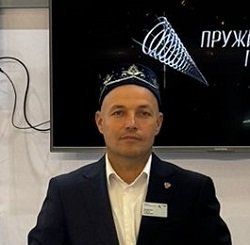
The company manufactured all the necessary equipment for its own needs, not for sale. As a result, first appeared its own winding (for winding wire) machines with CNC (the author’s note: on them the wire is “twisted” into springs), then an impact machine and laser machines from ready-made components. The production team also resorted to the experience of “cloning” complex equipment — they copied equipment purchased in Austria and improved the copy, making it more powerful. The company has its own CNC milling machine and laser machines for working with metal and plywood.
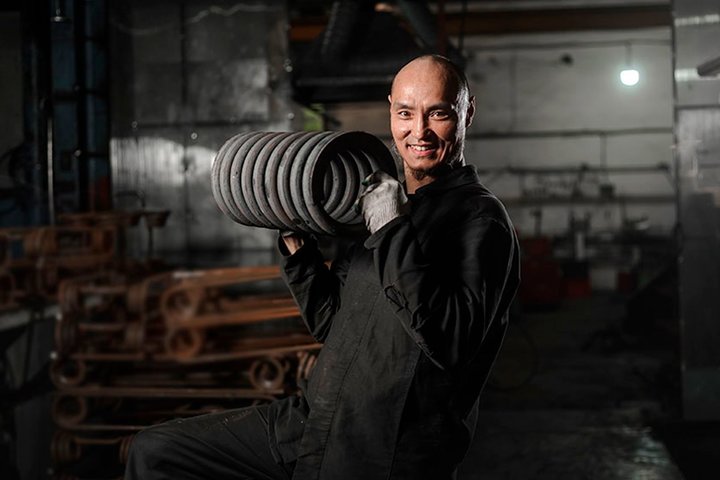
In-house production of equipment turned out to be profitable: winding equipment, says Izmailov, cost the company 4-5 times less than purchased from Russia and 30-40 times less than purchased in Europe. But now the plant is assembling a hardening line, they made some of the equipment themselves, bought some in China — but only what is more profitable to buy than to build.
“Before making or buying a new machine, we calculate how much money it will bring us, when it will repay, what its profitability is, how much we will invest in it,” explained the interlocutor of Realnoe Vremya. “From several variations, of course, we choose the one that will pay off the fastest and bring in more profit.”
In Russia, the company was offered a hardening line for 75 million rubles promising to manufacture it in about 9-10 months. In China, they asked for 100 million. Then it was decided to assemble the line in parts. Af 36-metre-long complex consists of a hardening furnace, a hardening bath, a washer, a dryer and tempering furnaces. The Russian supplier was asked to break the line into parts. They did not take a hardening furnace with a conveyor for 30 million rubles — they calculated that they could build it themselves for 13-14 million. They also refused a washer with a conveyor for 14 million, they believe they can keep within 5 million on their own. They decided to buy tempering furnaces in China. There, they turned out to be almost five times cheaper than from the Russian supplier. In total, instead of 75 million rubles, they plan to spend 25 million on the complex, or three times less.
Land and cheap money needed to develop production
“Land and cheap money are needed to develop production in the republic,” Ramil Izmailov believes. Currently, only about 1% of the entire territory of Russia is occupied by settlements and roads. Free land can be allocated for the development, scaling and expansion of production.”
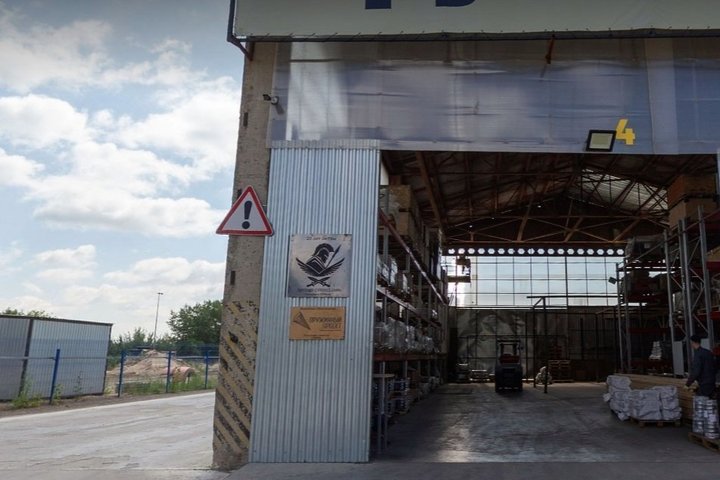
In his opinion, today land plots are too expensive for businesses that are ready to expand production. He believes that it is beneficial for the state to allocate land to such enterprises and invest in the construction of production sites and infrastructure for them using taxes paid by enterprises:
“Ideally, manufacturing companies should invest their funds not in the construction of industrial buildings and infrastructure but in the development of their production facilities. They should expand and improve production, invest finances in new equipment, modernisation. Under such conditions, localisation of production in one place will be stimulated for many years. It makes sense to build buildings for industrial enterprises using state funds — they will be leased out, and the rent will go to the state budget, and not to private individuals. Such distribution of state and industrial resources is beneficial to everyone — industrial enterprises are constant consumers of large amounts of resources — gas, electricity — and provide other industries with constant work, while one workplace at the plant provides eight workplaces in other areas.”
Expensive state support and unnecessary red tape
The enterprise produces more than 2.5 million different springs per month and ships to 1,400 companies on average every month. Production is developing, but the money needed for this is too expensive for manufacturers. The last attempt to get state support in the form of a cheap loan resulted in this loan to have a rate above the market price and unfavourable terms:
“The first condition that the bank participating in this program set was that I must pledge all the property of the enterprise — no options. Secondly, they also demanded a bank guarantee from me, which the bank gives at 6-7%. That is, the Industrial Development Fund gives us money at 1%, then some part of this debt can be covered by the Guarantee Fund for another 1%, then other conditions were added, and the preferential loan began to cost us 3.5%. And for the bank guarantee, they demanded another 6% from us, and we had to pay at once for all five years for which we would take the money. And it turned out to be easier not to take this money at all! In the end, we chose leasing at 6%, at the price of just one bank guarantee.”
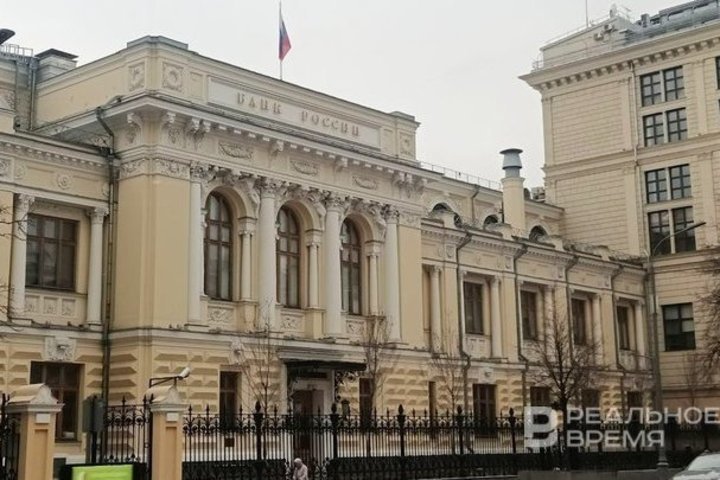
The basis of the modern economic field is high-tech companies that are capable of developing at least 15% per year, so it is very important for the government to change its approach to such enterprises, says Ramil Izmailov. In order to receive a grant, subsidy, loan, a manufacturing enterprise must put a huge effort to collect data that has long been available in all the necessary authorities. Meanwhile, their solvency in the market has already been proven — this can be judged by tax deductions, by the fact that the company's assets are located on large areas. By stability in the market: despite any upheavals in recent years, including the coronavirus crisis, the special military operation, sanctions on Russia, the loss of foreign partners, these companies continue to grow and develop within the country.
“I would suggest offering grants, subsidies and loans to such companies in a simplified system or introducing a tax deduction for them, which can be invested in the purchase of equipment and thereby contribute to the development of the company and the industry sector as a whole. And we also need to remove unnecessary intermediaries — funds, banks and others that do not produce anything but only shift papers. Money should be trusted to proven market participants, and not to those who know how to ‘beautifully’ draw up documents, the speaker concluded.